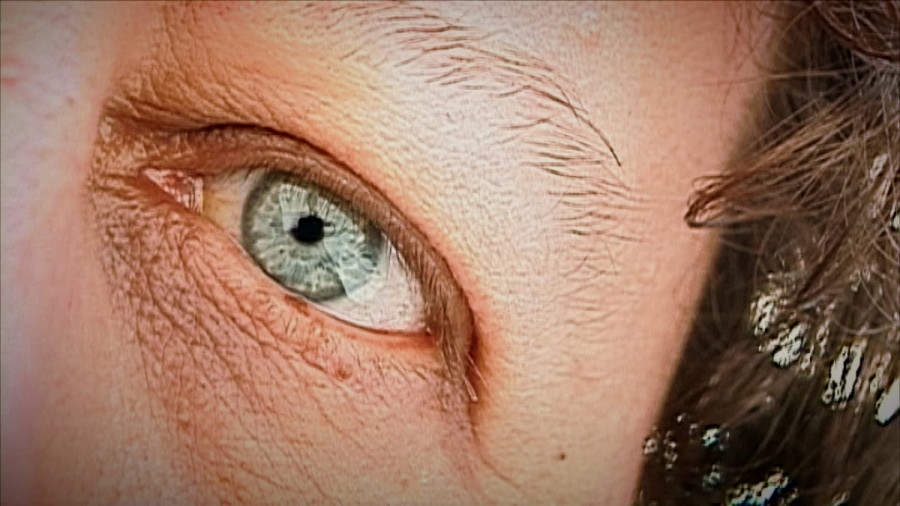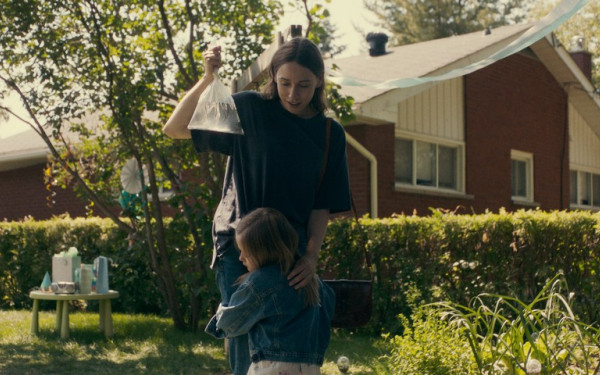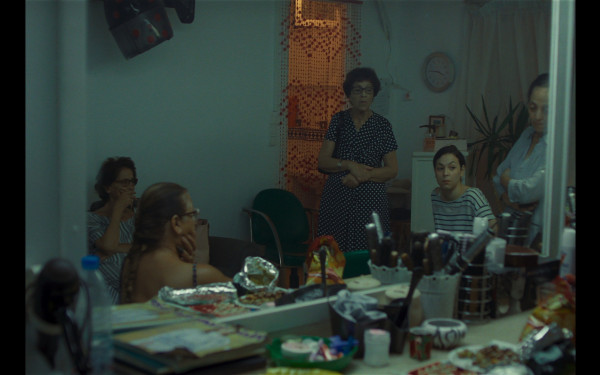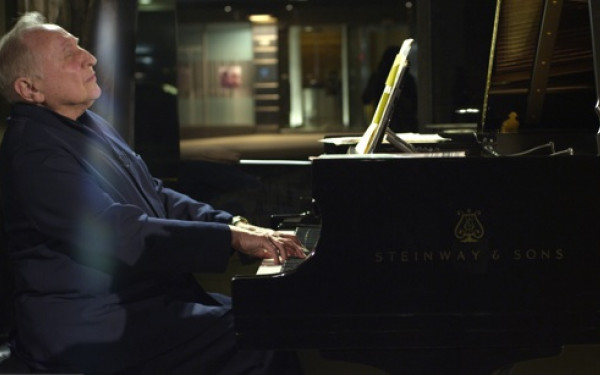Filmmaker pieces together her father’s final tapes to create documentary ‘Wintopia’
Q&A with Mira Burt-Wintonick discusses utopia, grief, and family
After his death, documentarian Peter Wintonick left his daughter Mira with over 15 years of videotapes documenting his search for utopia on earth. His dying wish was for her to finalize his lifelong project. With more than 300 videotapes to sift through, Mira’s journey to learn about her father began.
Directed by Mira Burt-Wintonick, Wintopia is a conversation between the images filmed by Peter and the narration of Mira’s thoughts. It is a film about the process of grieving and of understanding our parents as human beings.
The Link spoke with Burt-Wintonick to discuss her film, here is the transcript of that conversation.
How has it been for you, having finally finished the project?
It’s a lot of different emotions. Like when I first finished it, it was this huge emotional release. Kind of like another layer of grief, of losing this other connection with my dad after spending all this time making the film about him.
But then, of course, the excitement of sharing it.
Then that second layer of disappointment of not being able to travel with the film and share it in person with people. Especially because my dad had such a second life at all these festivals, it was special to go to a couple of them [in the beginning] and meet people who knew him, so I was looking forward to doing more of that.
But virtual film festivals are a fun way to launch it too because he invented the first one in 1994

Why did you decide to make this movie, what was the goal?
The first instinct was that this was my dad’s dying wish, so I felt this responsibility to try to make some portrait of him that he would’ve wanted.
And then it was about trying to get to know him. It became this opportunity to get to know him better through the material and through the excuse of being able to call up his friends and talking to them about him. Just trying to imagine what he was up to and trying to decipher his map of these tapes that he left.
What was your favourite memory during the process of making this movie?
There were so many different ones along the way. Finding certain moments [in the tapes] that would make me laugh.
One of my favourites, I ended up finding these archives at the University of Toronto. Some of his old footage had been donated and there’s this one moment in it where he starts filming his shadow, I think he’s in Japan, he’s in like a rock garden.
So, it’s just like this gravel ground and he starts filming his shadow and he starts interacting with it. He’s pointing to the camera, he’s like, “camera, shadow, lens, tree.” Then he points to his head and says, “idea.” He’s just talking to himself. He’s just standing in the middle of this rock garden and filming his shadow and talking to himself!
“I started off making the film thinking the idea of utopia was maybe naïve and this fool’s quest to try and search for it, but as it went along, I saw the wisdom of his optimism. It’s not a foolish optimism, but a deliberate decision to create hope and generate hope through his actions.” — Mira Burt-Wintonick
How has the film changed your relationship with your dad?
I think making the film in a weird way did bring me so much closer to him after he was gone. I feel a lot closer to him than when he was alive.
Just because of spending five years exploring things and getting to know him and trying to imagine what he was up to. It gave me a better understanding of him that allowed me to let go of some of the resentment I had towards him for being away a lot when I was a kid. Because I have a deeper sense of what he was up to and how valued he was in the world.
There are a lot of silent stretches during the film. Considering you come from an audio background, what was the purpose of these periods of silence?
I wanted to give people time to engage with whatever feeling the film is bringing up for them. Whether it’s thinking about your own dad, or kids or your own shortcomings or ideals or what you imagine utopia to be.
I wanted to give people space to have a more personal connection with it, a more interactive kind of connection where they can fill in those blanks and make their own meaning of what they’re seeing or hearing.
_900_675_90.jpg)
Do you think the tapes were for you? For his life’s journey to be recorded after he passed, knowing it would always come back to you?
I think there’s a truth to that. I don’t think he consciously planned it. But I do think there’s something that worked out this way. Because it did give me the opportunity to know him better, even if it was an unintentional gift. I think that he was never going to finish it, it was sort of this endless dream he had, and maybe he did need someone else to put it together for him.
And the film ends up being this conversation between the sound and the images. My narrative and sound and his visuals that he shot. The film is at its best version as that conversation.
I started off making the film thinking the idea of utopia was maybe naïve and this fool's quest to try and search for it, but as it went along, I saw the wisdom of his optimism. It’s not a foolish optimism, but a deliberate decision to create hope and generate hope through his actions.







